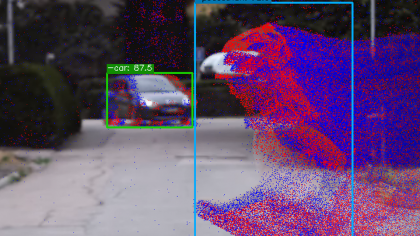A mathematical model to help AIs anticipate human emotions
● Regardless of whether they may be happy, bored, or irritated, AI systems generally do not take users’ emotions into account — an oversight that may lead to an interaction gap and even a measure of friction between humans and machines.
● Researchers at the University of Jyväskylä in Finland have developed a mathematical model based on mental processes to help computer systems anticipate and adapt to human emotions, for example in the event of a mistake.
● The model, which may be deployed to help users manage their emotions in a range of applications, can also be used to finetune synthetic data.
Read the article
● Researchers at the University of Jyväskylä in Finland have developed a mathematical model based on mental processes to help computer systems anticipate and adapt to human emotions, for example in the event of a mistake.
● The model, which may be deployed to help users manage their emotions in a range of applications, can also be used to finetune synthetic data.


Lower emissions and reinforced digital sovereignty: the plan for datacentres in space
Read the article
Bioelectronics: disease monitoring sensors that can be printed directly onto human skin
Read the article
Tom Chatfield: “AI could lead to a massive pollution of the world’s data and the erasure of trust.”
Read the article


